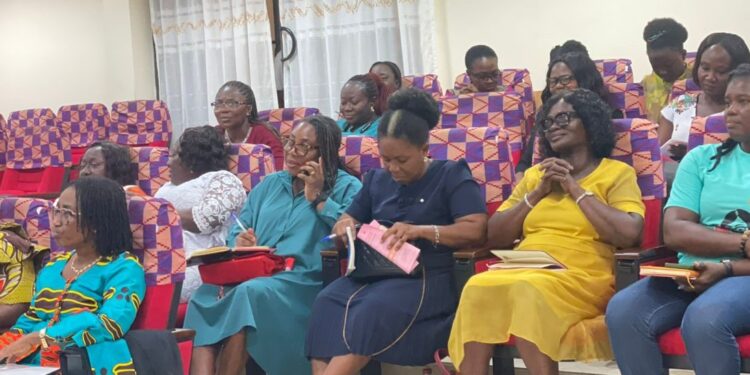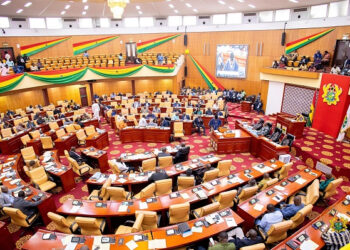The Centre for Gender Research, Advocacy and Documentation (CEGRAD) at the University of Cape Coast (UCC), in collaboration with the Girls’ Education Unit of the Ghana Education Service (GES), has organized a transformative workshop on the theme “Promoting Safe and Gender-Sensitive Learning Environments for All.”
The workshop, held at the Elizabeth Adabo Conference Room, UCC, brought together girls’ education officers and other stakeholders to build capacity in gender issues and equip participants with tools to identify and appropriately respond to cases of sexual harassment and gender-based violence in schools.
In her opening remarks, the Director of CEGRAD, Prof. Eunice Fay Amissah, underscored the importance of empowering participants to support girls in realizing their full potential noting, “You are to empower them to see their ambitions wherever you find them. Our program is designed to equip you with a deeper understanding of key gender concepts and the skills needed to respond to sexual harassment cases in your line of duty.”
She added that such training fosters not only professional growth but also leadership and empathy, which are crucial in shaping safer educational spaces.
Prof. Amissah encouraged participants to use the workshop as a platform for collaboration and shared commitment to improving the educational experience for girls.
Dr. Yvonne Ami Adjakloe, CEGRAD’s Coordinator for Advocacy and Outreach, delivered the first presentation on “Understanding Gender”, emphasizing that gender influences almost every aspect of human interaction, from language and behavior to perception.
“Some people think gender is not important, but it cuts across everything, even the way we sit, speak, or relate to others is gendered,” she said.
Dr. Adjakloe drew on the philosophical work of Simone de Beauvoir to distinguish between sex as a biological concept and gender as a socially constructed identity, urging educators to be more aware of how these dynamics influence classroom interactions and policies.
Dr. John Oti Amoah, a Research Fellow at CEGRAD, focused his session on “Receiving and Handling Sexual Harassment Cases.”
He outlined various forms of harassment, including both verbal and physical acts, and discussed how such misconduct can be one-time events or repeated offenses.
“Sexual harassment could come in many forms, such as requests for sexual favors in exchange for grades, promotions, or favorable reports. These acts are meant to intimidate, humiliate, or manipulate, and must be confronted with clear protocols,” he said.
The final presentation was delivered by Detective Chief Inspector Benjamin Wilson of the Domestic Violence and Victim Support Unit (DOVVSU) in Cape Coast.
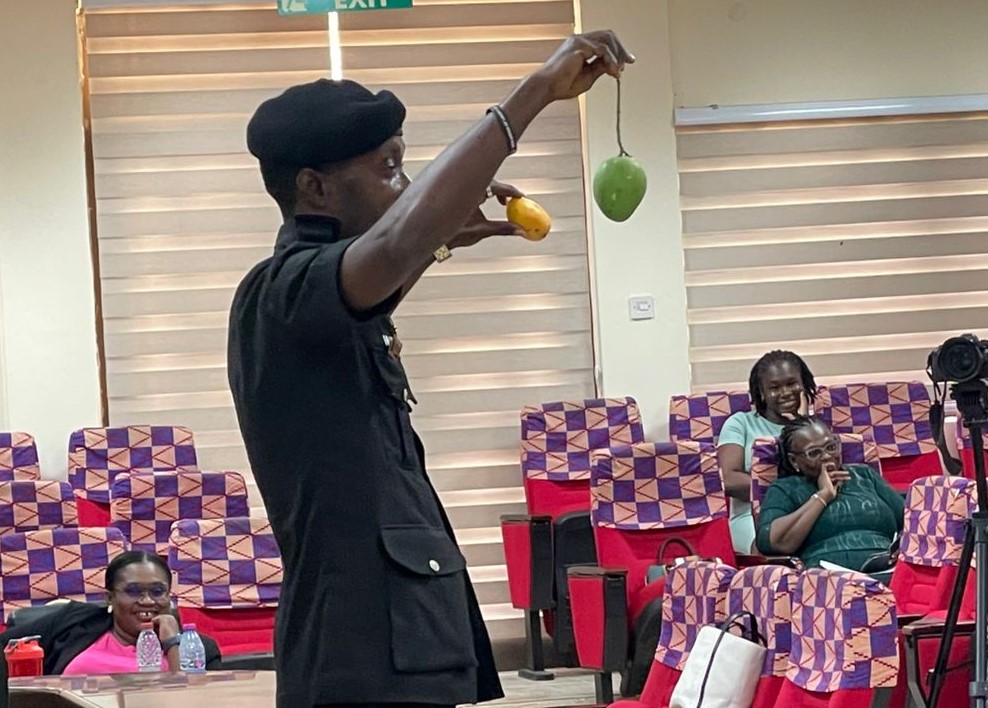
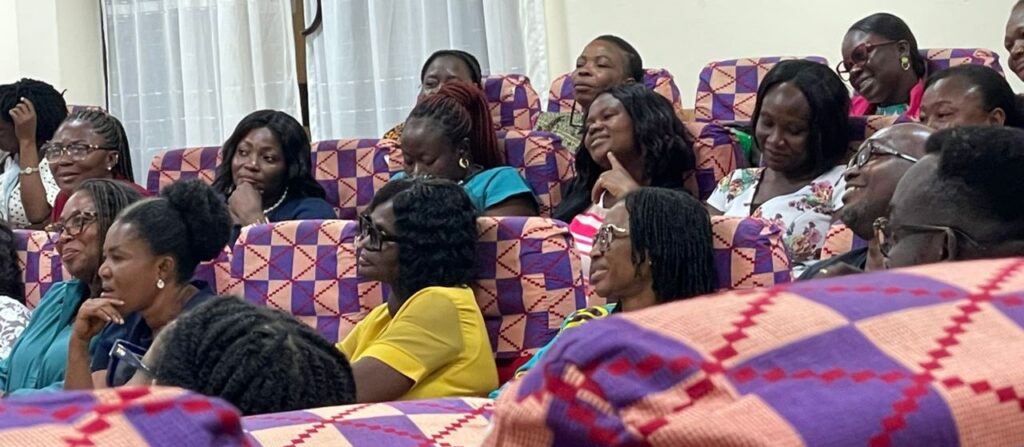
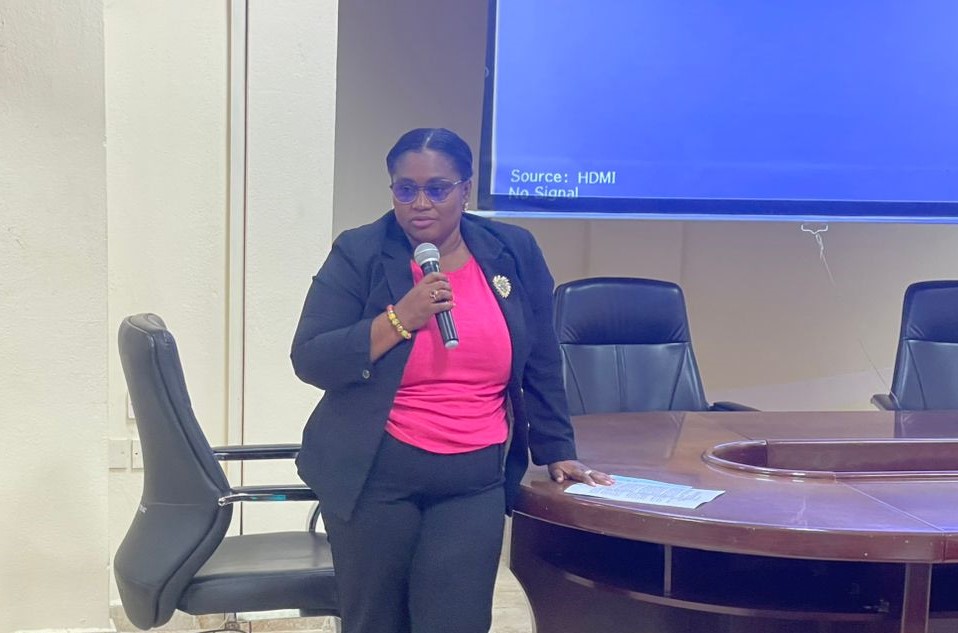
He discussed defilement and Ghana’s legal framework on sexual offenses, clarifying the distinctions between natural and unnatural carnal knowledge.
“Unnatural acts, such as using objects or body parts other than the genitals during intercourse, are also considered offenses under the law,” he explained, urging educators to be vigilant and informed about legal definitions to better protect students.
The workshop is part of CEGRAD’s broader mission to foster gender equity and provide safe educational spaces across all learning institutions in Ghana.
Participants expressed their appreciation for the depth of knowledge shared and the practical strategies provided.
Read More @ ATLFMNEWS.COM
Source: Comfort Sweety Hayford/ATLFMNEWS

















